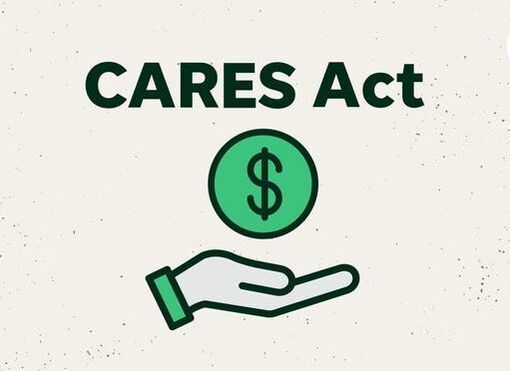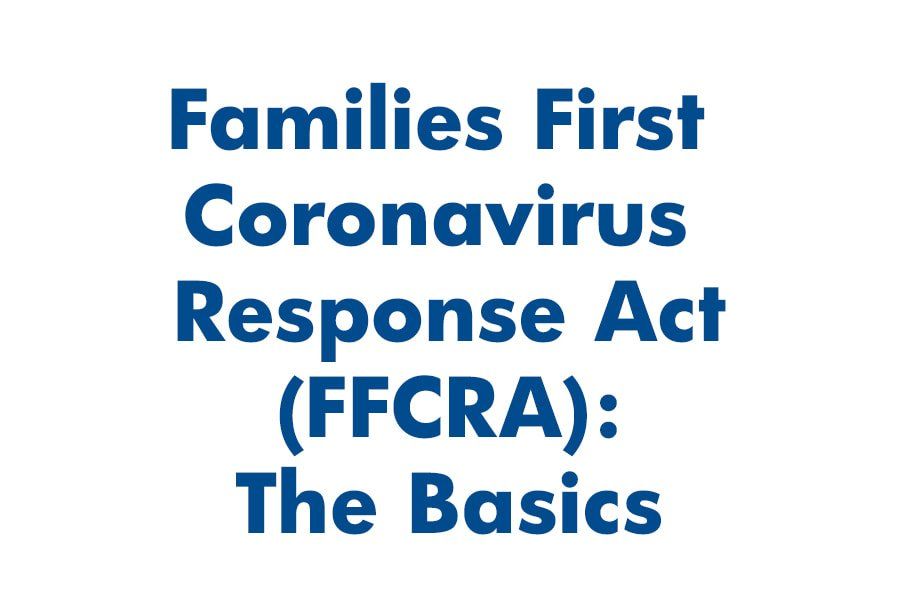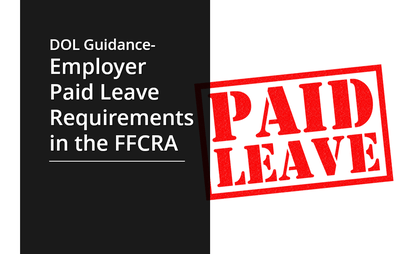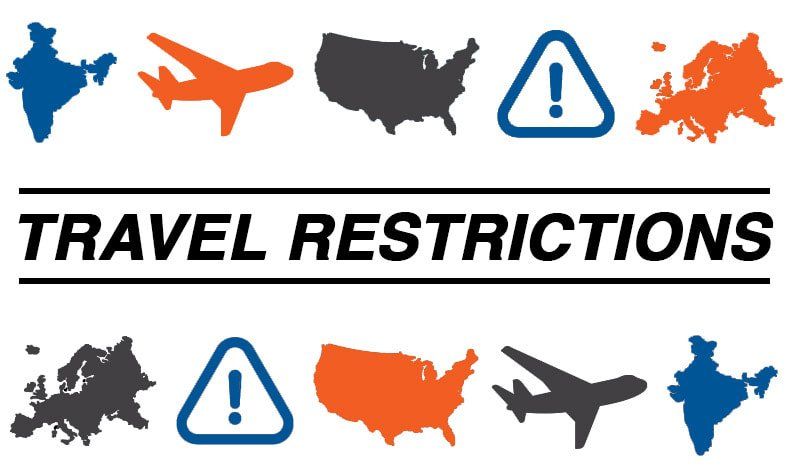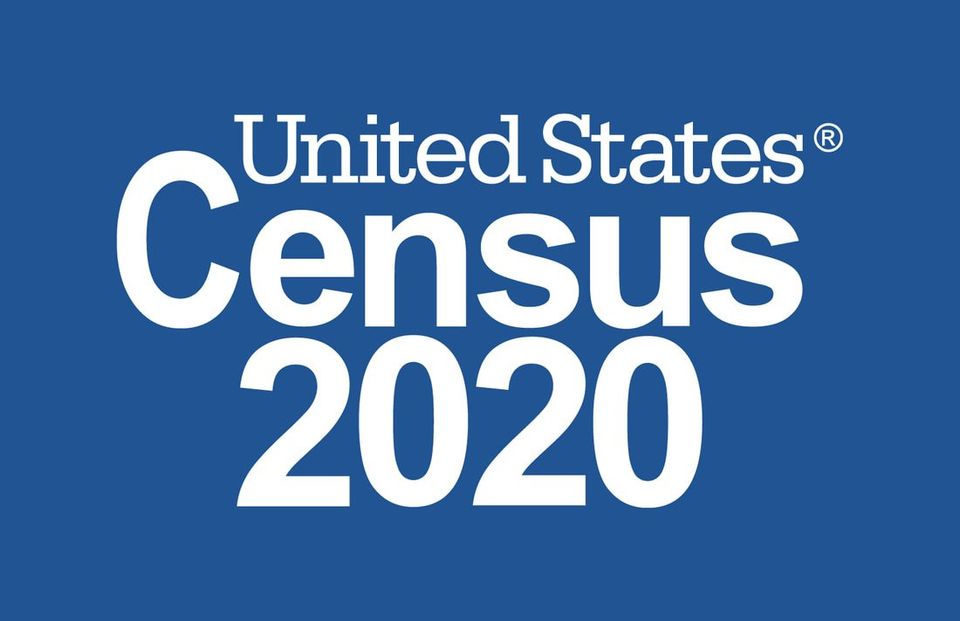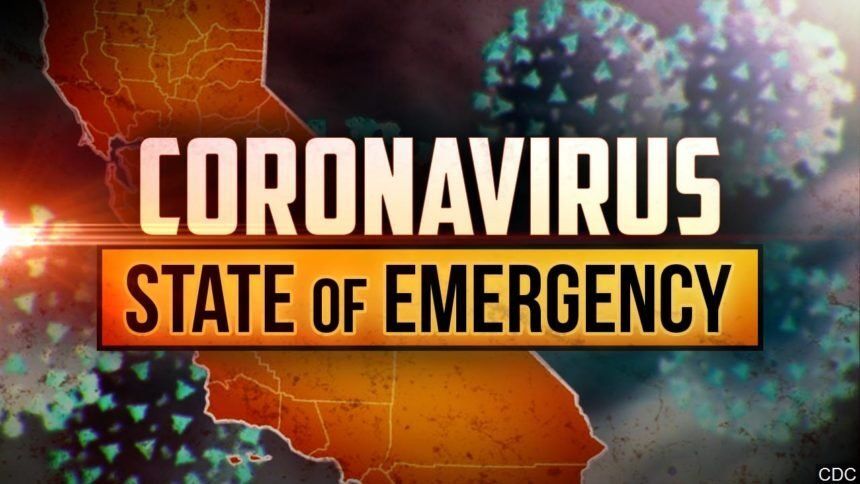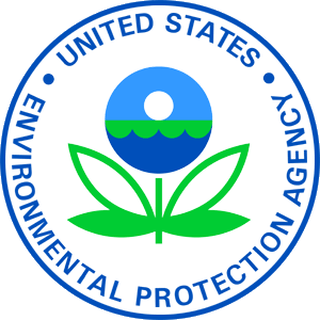FEDERAL COVID-19 UPDATES
FEDERAL
Review critical information on the Federal level below
THE CARES ACT
The U.S. Congress on Friday passed a nearly $2 trillion economic stimulus package. The legislation makes temporary changes to Unemployment Insurance, helps both small businesses and hard-hit industries, and includes other relief provisions. These expanded benefits will be available through the crisis, with most sunsetting after several months or at the end of 2020.
Read the Chamber's Policy Brief on the CARES Act
Federal agencies published guidance related to the temporary programs established in the CARES Act and in the earlier Families First Coronavirus Response Act (FFCRA) for use by individuals, businesses, and municipal and state governments.
- IRS guidance and resources related to Coronavirus Tax Relief
- U.S. Treasury Guidance for small business assistance
- IRS and Treasury FAQ for COVID-19-related business tax credits for required Paid Leave for small and medium businesses
- The Small Business Administration (SBA) released several resources related to the Paycheck Protection Program (PPP), including an overview of the program and information for both lenders and borrowers. The borrower application is available here.
- The Small Business Administration updated their Paycheck Protection Program (PPP) FAQ which offers technical assistance for borrowers and lenders.
- The CARES Act provided supplemental funding to health centers across the country. Massachusetts received more than $34 million to support 38 health centers.
FFCRA
On March 18, the President signed into law the Families First Coronavirus Response Act (H.R. 6201) to provide relief for employers and individuals. Importantly, as a result of the increased funding for health services, Massachusetts will receive an additional $1.08 billion in calendar year 2020 for MassHealth. Other key provisions are:
- Unemployment Compensation – gives states flexibility to shorten required waiting periods and adjust eligibility tests
- Paid Sick Leave – requires employers with fewer than 500 employees to provide two weeks of paid sick leave on top of existing sick time benefits, to be refunded via tax credit on the employer’s quarterly tax filing. There are provisions that dictate eligibility and rates of pay.
- Paid Family and Medical Leave – requires most employers with fewer than 500 employees to provide 12 weeks of paid family and medical leave to be refunded fully via tax credit, and includes an additional credit to cover the cost of the employee’s health care during the leave period. There are also key provisions on rates of pay and eligibility.
- Provisions for Diagnostic Testing – extends COVID-19 diagnostic testing at no cost to individuals insured by private plans, Medicare, Medicaid, TRICARE, Veterans programs, Indian Health Services, federal employees and to reimburse the cost of testing to uninsured individuals
- Health Services – increases federal funding for state and territory Medicaid allotments including more than $1 billion for Massachusetts
- School Nutrition Programs, WIC, SNAP, Senior Food Programs – increases funding for key food provision programs and suspends work and work training requirements for SNAP eligibility requirements; provides authority for state program waivers
- Medical Devices Liability – provides limited liability protection for medical device manufacturers producing personal respiratory devices
DEPARTMENT OF LABOR GUIDELINES REGARDING PAID LEAVE CHANGES
On March 24, the Department of Labor released its first set of guidelines to help both employers and individuals navigate the expanded paid leave benefits available through the Families First Coronavirus Response Act (FFCRA). The guidance offers details about determining eligibility and coverage, small business exemptions, identifying benefits for part time employees, and calculating the benefit for individual employees.
UNEMPLOYMENT
The Employment and Training Administration, a program of the Department of Labor, announced new guidelines to give states flexibility with unemployment insurance programs. Under the new guidelines states may expand the eligibility requirements of their UI programs to include the following situations:
- Employees of a business that temporarily closes due to COVID-19
- Individuals in quarantine who expect to return to work following their quarantine period
- Individuals who choose to leave work due to concern of a high-risk of exposure or infection
- Individuals who leave work to care for a family member
- Individuals are not required to quit to become eligible for benefits
IRS TAX RETURNS AND PAYMENT DEADLINE
As of March 18, 2020 the Internal Revenue Service announced a delayed deadline of July 15, 2020 for income tax payment in response to the COVID-19 crisis. Treasury Secretary Steven Mnuchin announced on March 20, 2020 that the filing deadline would also be postponed to July 15, 2020. The IRS also announced a temporary closure of all Taxpayer Assistance Centers and has discontinued face-to-face services nationwide.
ACTIONS OF THE FEDERAL RESERVE
The Federal Reserve announced several new initiatives to support the economy:
The Federal Open Market Committee (FOMC) will assist in market stabilization by purchasing Treasury securities and market-backed mortgages. TheFOMC will continue to offer large-scale overnight and term purchase agreements and will use all available tools to enable the flow of credit to individuals and businesses.
- Encourage the flow of credit to individuals and businesses through the Exchange Stabilization Fund (ESF) by establishing new programs and $300 billion in new funding.
- Establishment of three new facilities to support the flow of credit to large employers, consumers, and businesses and for new bond and loan issuance: the Primary market Corporate Credit Facility (PMCCF), the Secondary Market Corporate Credit Facility (SMCCF), and the Term Asset-Backed Securities Loan Facility.
- Expansion of the Money Market Mutual Fund Liquidity Facility (MMLF) to include a wide range of securities.
- Expansion of the Commercial Paper Funding Facility (CPFF).
The Federal Reserve will soon announce a Main Street Business Lending Program to support lending to eligible small-and-medium sized businesses.
TRAVEL RESTRICTIONS
On March 20, 2020 the President announced that the U.S. borders with Mexico and Canada will be closed to nonessential travel beginning at midnight on Sunday, March 22, 2020.
The Department of State announced a
Global Level 4 Health Advisory asking citizens to avoid all international travel. This follows an earlier announcement that the Department of State had authorized U.S. diplomatic personnel and family to depart from any post.
UNITED STATES CENSUS TIMELINES EXTENDED
The U.S. Census Bureau published an adjusted schedule for operations to protect the health and safety of Census Bureau staff and the public, and to ensure an accurate count of the population. The Boston Chamber encourages everyone to complete their Census form online.
EDUCATION
On March 20, 2020 Secretary of Education Betsy DeVos announced that states may submit a waiver to bypass standardized testing for students impacted by school closures.
The Federal government announced that payments on federally held student loans may be placed on hold and interest will be waived for at least 60 days.
STATE OF EMERGENCY DECLARATION
Emergency that, in combination with Secretary Alex Azar’s previously declared National Public Health Emergency, can loosen regulatory requirements to provide resources to impacted individuals through federal and state programs including Medicare and Medicaid, and make federal aid available to states.
FEDERAL AGENCY FLEXIBILITY
In the past week, the Environmental Protection Agency (EPA) announced that manufacturers of disinfectant products have temporary flexibility in their ability to source active ingredients, the U.S. Food and Drug Administration (FDA) temporarily changed requirements to increase the availability of facemasks, and the Federal Aviation Administration (FAA) will not enforce pilots’ expiring medical certificates through June 30.
Get In Touch
(626) 960-6606
5155 Irwindale Avenue
Irwindale, CA, 91706
(Inside Absolute International Security Bldg.)
Mailing Address
P.O. Box 2307
Irwindale, CA 91706

